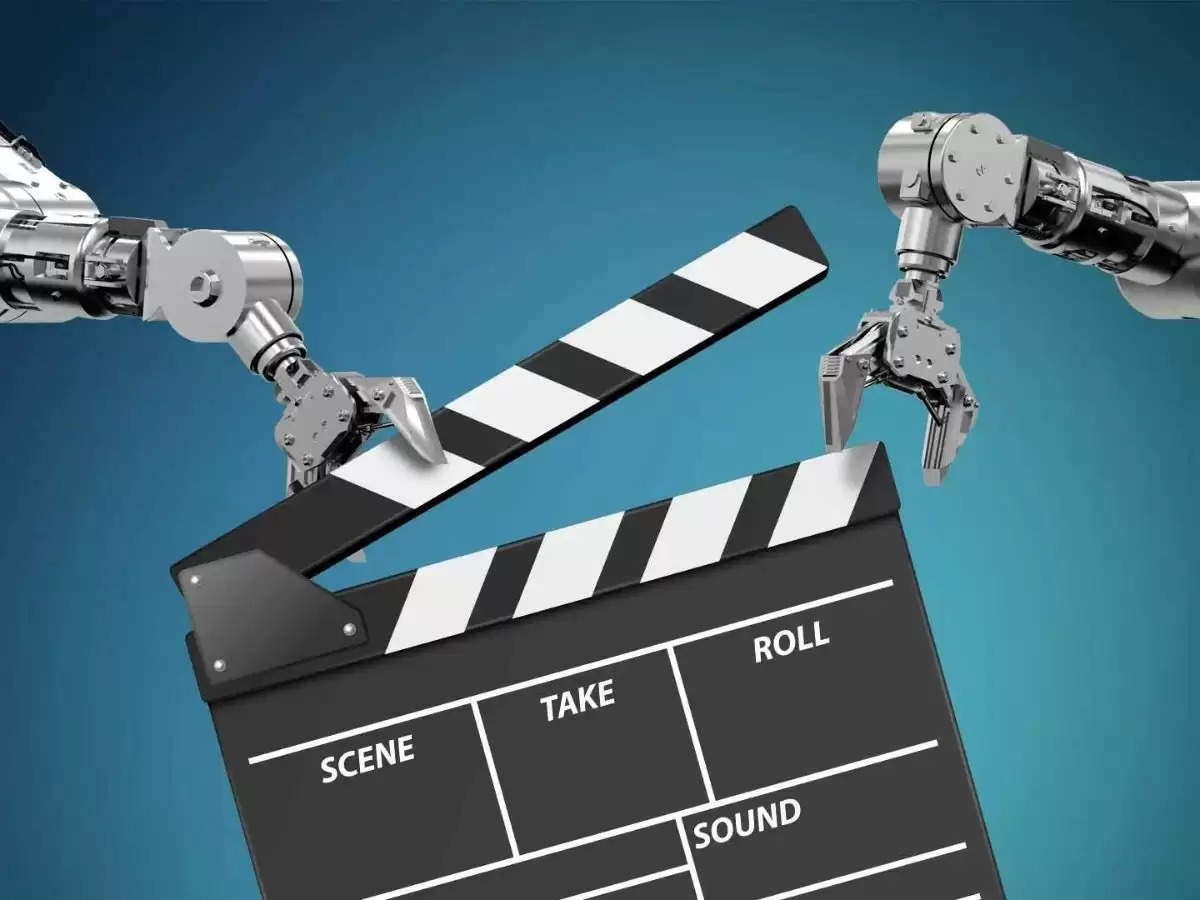AI-powered script editor could help Hollywood decide which movies to make

A1 Digital India News: Every day in Hollywood, film school graduates and production assistants work as script readers. Their job is to find the best scripts from the 50,000 or so scripts submitted each year and flag any that deserve further consideration. Each script is 100 to 150 pages long, and it can take half a day to read one and write a “coverage,” or summary of strengths and weaknesses. Only about 50 of these scripts sell a year, so readers are trained to be ruthless.
Now Cinelytics, a tech company focused on films that works with major studios like Warner Bros. and Sony Pictures, will analyze film budgets and box office potential with the aim of providing script feedback with generative AI.
Today it launched a new tool called Calaia that amateur writers and professional script readers can use to review scripts for $79 per script. Using AI, it takes Calaia less than a minute to write his own coverage, which includes a synopsis, a list of comparable films, notes on areas like dialogue and originality, and actor recommendations. He also makes recommendations on whether the film should be funded, giving the film a "pass," "consider," "recommend" or "strongly recommend" rating. Although the foundation of the tool is built using the ChatGPT API, the team had to train the model for scripting tasks like evaluating genre and recording an image log line, which summarizes the story in one sentence.
"It helps people learn scripts much faster," said Cinelytics co-founder and CEO Tobias Queisser, who also has a career as a filmmaker. "You can see more stories and more scripts, and not eliminate them based on factors that are detrimental to the business of finding great content."
The idea is that Calaya will give studios a more analytical way to gauge how a screenplay might perform before spending money on marketing or production. But, the company says it also aims to reduce the friction caused by script readers in the filmmaking process. Despite receiving a lot of consideration, many scripts only reach decision-makers if they have a recognizable name attached to them. Quizar said the AI-powered tool will democratize the script selection process and allow the best scripts and writers to be found.
The tool's arrival could fuel the ongoing debate in Hollywood over whether AI will help or hurt creatives. Since ChatGPT's public launch in late 2022, the technology has raised concerns everywhere from writers' rooms to special effects departments, where people worry it will cheapen, enhance or replace human talent. In this case, Calaya's success depends on whether it can provide critical feedback in the same way as a human script reader.
According to Tuhin Chakraborty, a researcher who studied how AI can successfully analyze creative tasks during his PhD in computer science at Columbia University, this is a challenge because it is what GPT and other AI models are designed to do.
In one of his studies, Chakraborty and his colleagues had various AI models and a group of human experts - including a creative writing professor and a screenwriter - analyze the quality of 48 stories, 12 of which were from The New Yorker and the rest were done by AI. His team found that the two groups almost never agreed on the quality of the jobs. "When you ask an AI model about their creativity, they will never say anything wrong," Chakraborty said.
"He would always say positive things about being trained to be a helpful and kind helper." Dev Sen, Cinelytic's CTO, said that this feature was a limitation of the Kailaaya design, and the initial output from the model was overwhelmingly positive. It gets better with time and changes. “We don’t necessarily want to be overly critical, but we strive for a more balanced analysis that reflects the script’s strengths and weaknesses,” he said.
Veer Srinivasa, an independent filmmaker whose film Orders From Above will win the Best Historical Film award at Cannes in 2021, agreed to look at Kaalia’s example to see how an AI model could be adapted to a Cannes script.
I showed him what the model made of a 100-page script by Cinelytics about a jazz trumpeter on a journey of self-discovery in San Francisco. Srinivasa says the coverage the model made is not deep enough to give any screenwriter truly useful feedback. “It’s about presenting the script in a very literal sense, not metaphorically — something the human audience does instinctively and unconsciously,” he said. “It’s like being forced to be diplomatic and not make any noise.”
